Continuing the 7th Session Program, on the morning of May 27, under the chairmanship of National Assembly Chairman Tran Thanh Man, the National Assembly held a plenary session in the hall, discussing a number of contents with different opinions of the draft Law on Social Insurance (amended).
Announcement of names and addresses of businesses that are late in paying or evading social insurance payments
Delegate Nguyen Thi Thu Thuy - Binh Dinh Delegation said, regarding the issue of protecting the rights of employees when handling violations of social insurance, health insurance and carrying out bankruptcy procedures, in order of priority, based on Article 54 of the Bankruptcy Law 2014, the expenses that enterprises need to prioritize payment are: First, expenses for administrators, management enterprises, asset liquidation, auditing expenses and other expenses as prescribed.
Second, payment of wages, severance pay, social insurance, health insurance for employees and other benefits according to the labor contract and collective labor agreement signed by the company. Third, other secured debts, etc.
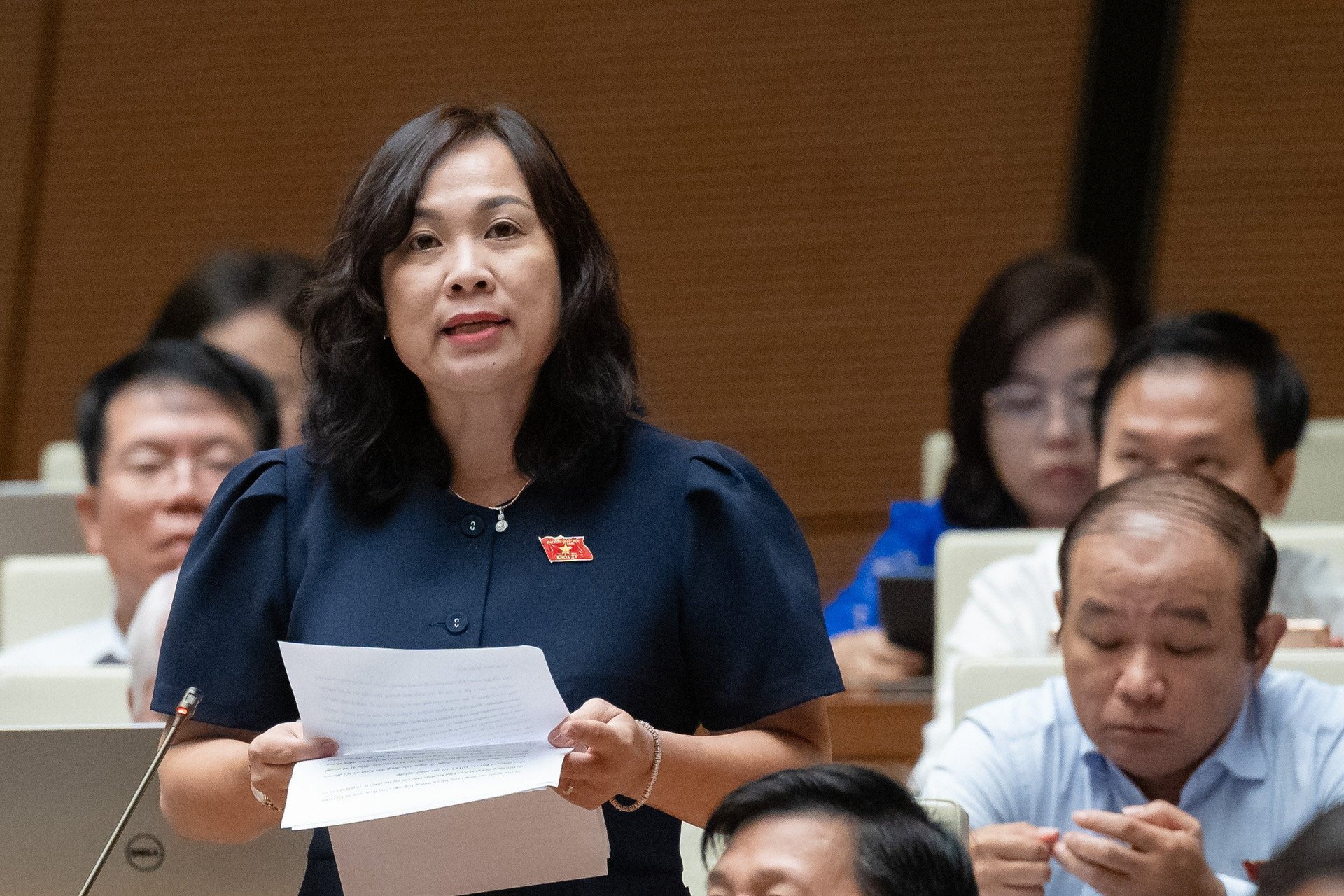
“Thus, payments to employees such as salaries and health insurance are prioritized after a number of other items as presented. In my opinion, this will inadvertently create a lack of trust and commitment from employees to the enterprise,” said delegate Nguyen Thi Thu Thuy.
Regarding the specific mechanism in Article 41, this is the procedure for implementing Social Insurance in line with Point a, Clause 1, Article 54 on the order of asset division in the Bankruptcy Law 2014. Delegate Nguyen Thi Thu Thuy suggested that the Drafting Committee continue to research, perfect, and supplement in the direction of protecting the rights of employees in any case, which are considered the top priority subjects that must be implemented when carrying out legal procedures on bankruptcy and handling violations of social insurance and health insurance for enterprises.
Regarding the measures to handle violations of late payment and evasion of social insurance payment by enterprises as stipulated in Articles 37, 38, 39, 40 and especially in Article 41 on the specific mechanism to protect employees in case the employer is no longer able to pay social insurance for employees, delegate Nguyen Thi Thu Thuy said that the Drafting Committee has accepted and revised in the direction of maximum protection of employees' rights. However, there is incompatibility between the Law on Health Insurance and the draft Law on Social Insurance (amended) this time.
Specifically, according to the provisions of Clause 3, Article 49 of the Law on Health Insurance on handling violations, organizations and employers responsible for paying health insurance but not paying or not paying fully as prescribed by law will be handled. That is, when the employer is late in paying health insurance after 30 days, the employee's health insurance card will be temporarily invalid.
“This can be understood as a violation by the employer that directly affects the employee. Although, in reality, depending on each case, the employee's health insurance card will be intervened by the social insurance agency, creating conditions for them to have the right to medical examination and treatment. However, the Drafting Committee needs to study and clearly define the responsibilities of state management agencies on insurance and the responsibilities of enterprises to ensure that the rights of employees are not affected and to handle or sanction enterprises that have violated the law,” delegate Nguyen Thi Thu Thuy suggested.
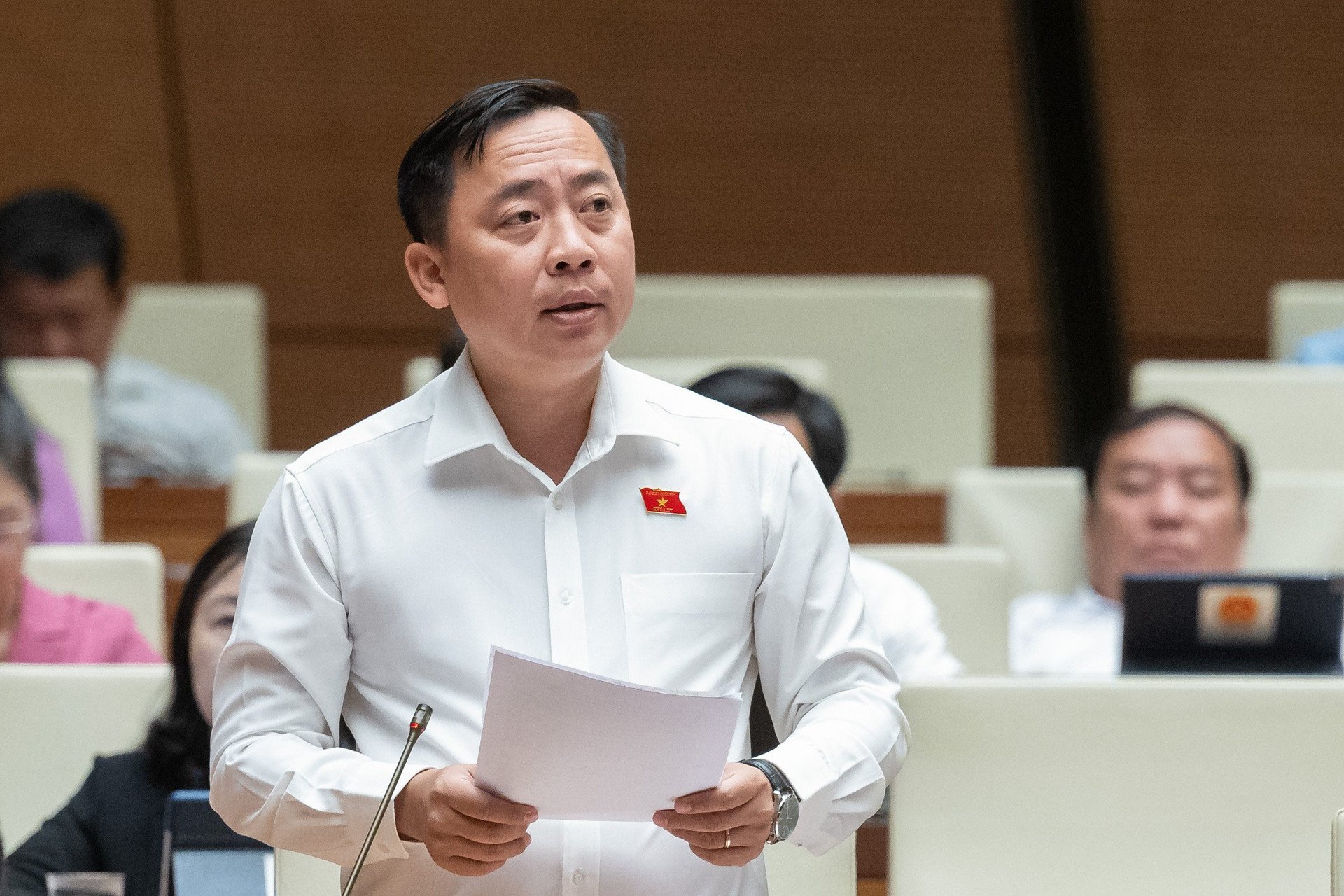
Also concerned about measures to handle violations of late payment and evasion of compulsory social insurance, delegate Dao Chi Nghia - Can Tho delegation proposed to add regulations requiring competent authorities to announce the names and addresses of enterprises that are late in paying or evading social insurance on mass media; update on the database system of job placement centers, employment services... so that workers have full information before making a decision to work. "This regulation aims to enhance warning, deterrence and information transparency", the delegate emphasized.
Delegate Vuong Thi Huong - Ha Giang delegation also proposed to more clearly define the roles and responsibilities of state management agencies and agencies implementing social insurance policies if the situation of evasion and late payment of social insurance increases.
Regarding organizations, companies, and enterprises that evade or delay payment of social insurance, delegates proposed that it is necessary to regulate a wide public disclosure regime on information on debt status, debt amount, debt duration, late payment, and evasion of social insurance payment of these organizations and enterprises, so that workers can monitor and have more information in choosing to participate in the labor market.

More flexibility in taking time off work for prenatal checkups
Commenting on the time off work to enjoy the regime when having a pregnancy check-up, delegate Nguyen Thi Yen Nhi - Ben Tre delegation said that this content is stipulated in Clause 1, Article 53 of the draft law. Accordingly, during pregnancy, female employees are allowed to take a maximum of 5 days off work to have a pregnancy check-up and the maximum time off work to enjoy the regime when having a pregnancy check-up is 2 days for each pregnancy check-up.
According to delegate Nguyen Thi Yen Nhi, through recent meetings with voters and workers, the National Assembly Delegation has received many comments on this issue. In fact, pregnant female workers are assigned to have regular prenatal check-ups to monitor and ensure their health throughout the pregnancy. Depending on the health of the pregnant woman and the development of the fetus, a specialist will prescribe prenatal check-ups, sometimes every 30 days or less.
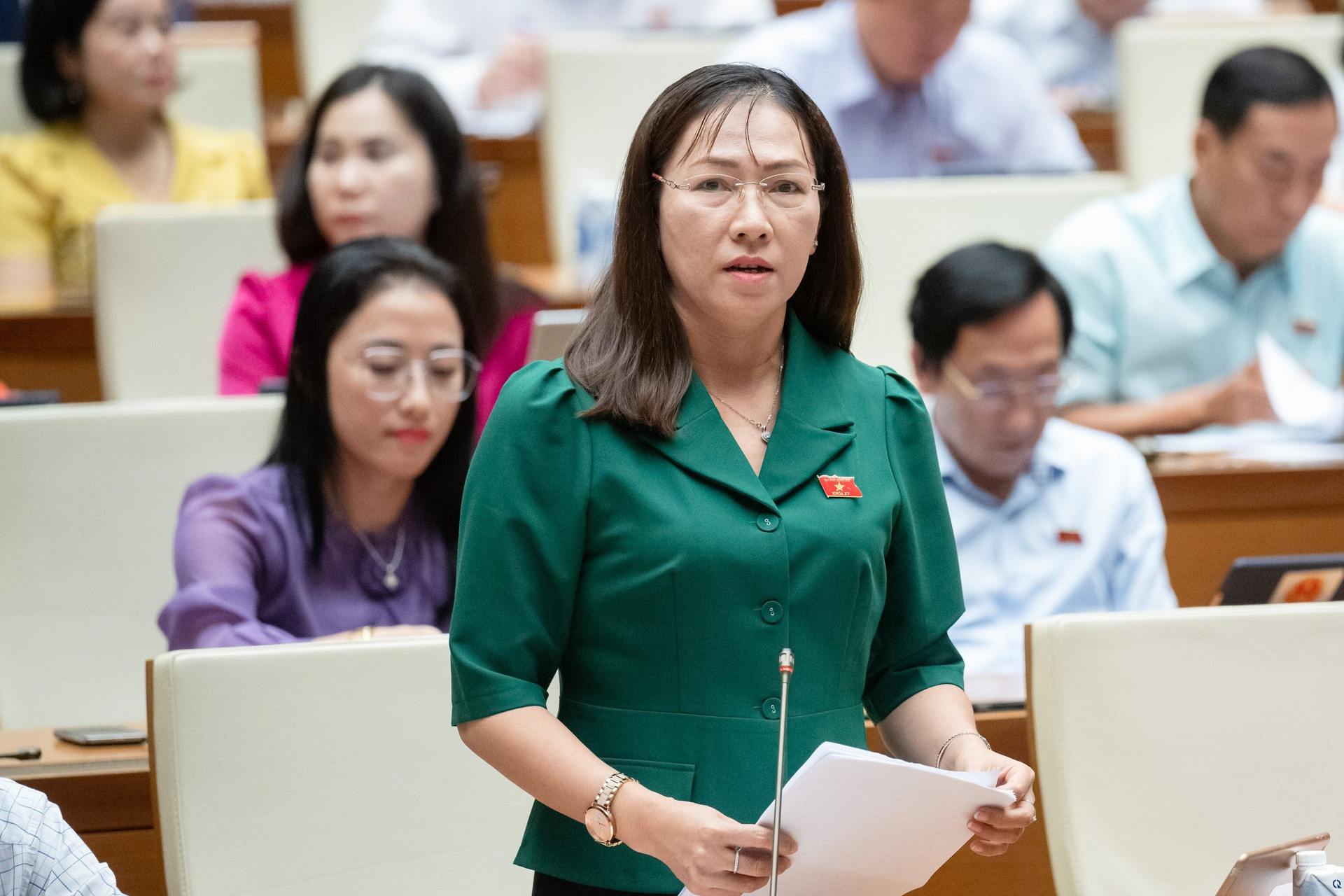
According to the delegate, to have more flexibility and ensure that pregnant women have the conditions to go for prenatal check-ups during their pregnancy, it is proposed to stipulate more options. Specifically, employees can take a maximum of 5 days off, each time no more than 2 days, or we stipulate a maximum of 10 days during the entire pregnancy to be able to go for regular prenatal check-ups. "Recently, a delegate also spoke about increasing the number of times to go for prenatal check-ups from 5 times to 9-10 times, I propose that to ensure more flexibility, we can stipulate 2 options as above", said the delegate.
Also giving his opinion on this content, delegate Nguyen Tri Thuc - Ho Chi Minh City Delegation said that according to the regulations of the World Health Organization, a pregnancy check-up cycle is 5 times. However, we should divide it into two cases: normal pregnancy and pathological pregnancy. The average pregnancy check-up is 5 times, the average check-up time is 1 day, in some special cases it is 2 days. Pathological pregnancy should have more flexibility in taking time off work to go for pregnancy check-ups.
Delegate Ha Hong Hanh - Khanh Hoa Delegation and Delegate Le Thi Thanh Lam - Hau Giang Delegation also said that when conducting regular pregnancy check-ups, doctors often prescribe a follow-up check-up after 30 days in case of pregnancy complications. To ensure the health of the mother and fetus, the delegates proposed to amend the leave period to a maximum of 9 days.
According to the draft, female employees who give birth are entitled to maternity leave for 6 months before and after giving birth. In case of twins or more, from the second child onwards, each child will be entitled to an additional month of leave. The maximum maternity leave before giving birth is 2 months.
The revised Social Insurance Law Project was discussed by the National Assembly at its October 2023 session, expected to be passed on June 25 and take effect from July 1, 2025.
Source: https://baotainguyenmoitruong.vn/thao-luan-du-thao-luat-bao-hiem-xa-hoi-cac-quy-dinh-phai-bao-ve-toi-da-quyen-loi-nguoi-lao-dong-374674.html


![[Photo] Reception to welcome General Secretary and President of China Xi Jinping](https://vstatic.vietnam.vn/vietnam/resource/IMAGE/2025/4/14/9afa04a20e6441ca971f6f6b0c904ec2)

![[Photo] Prime Minister Pham Minh Chinh meets with General Secretary and President of China Xi Jinping](https://vstatic.vietnam.vn/vietnam/resource/IMAGE/2025/4/14/893f1141468a49e29fb42607a670b174)

![[Photo] General Secretary To Lam holds talks with General Secretary and President of China Xi Jinping](https://vstatic.vietnam.vn/vietnam/resource/IMAGE/2025/4/14/b3d07714dc6b4831833b48e0385d75c1)
![[Photo] National Assembly Chairman Tran Thanh Man meets with General Secretary and President of China Xi Jinping](https://vstatic.vietnam.vn/vietnam/resource/IMAGE/2025/4/14/4e8fab54da744230b54598eff0070485)




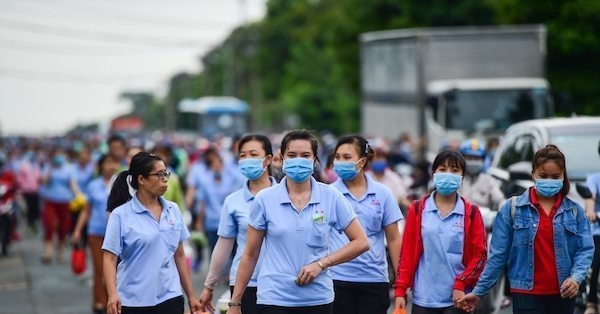

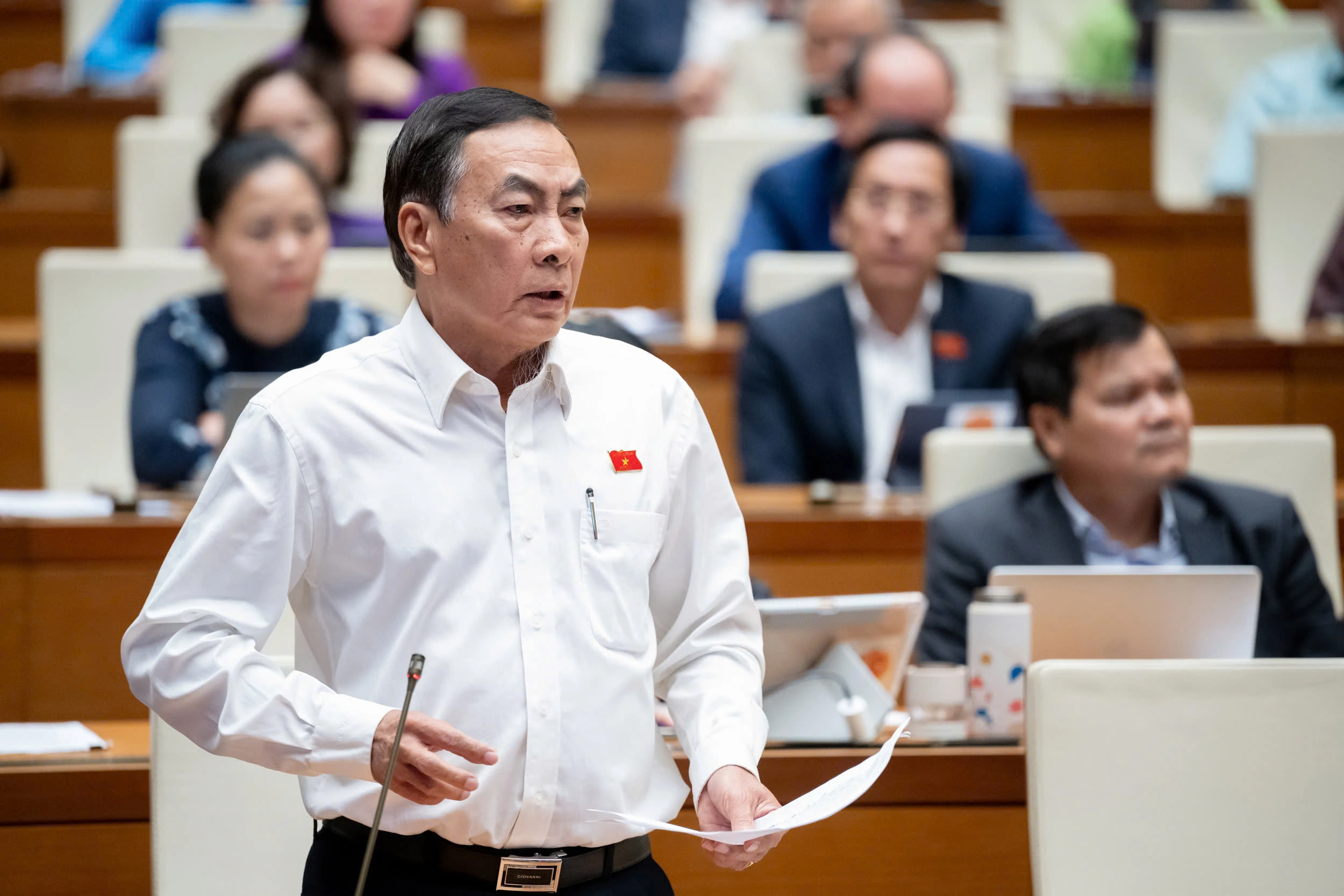
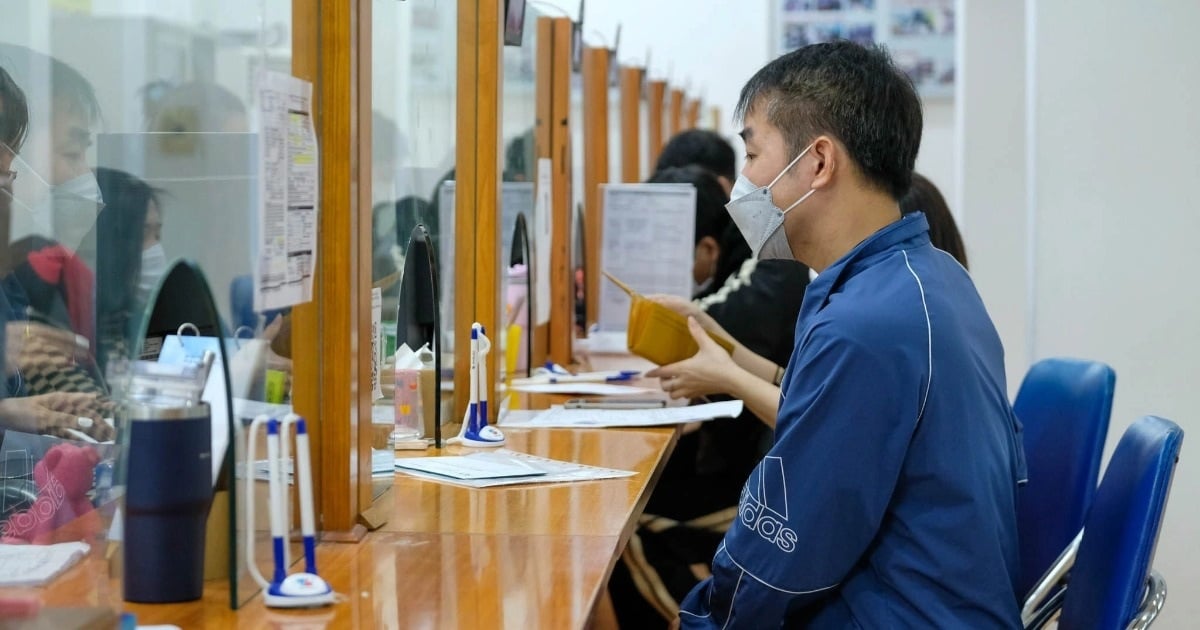

































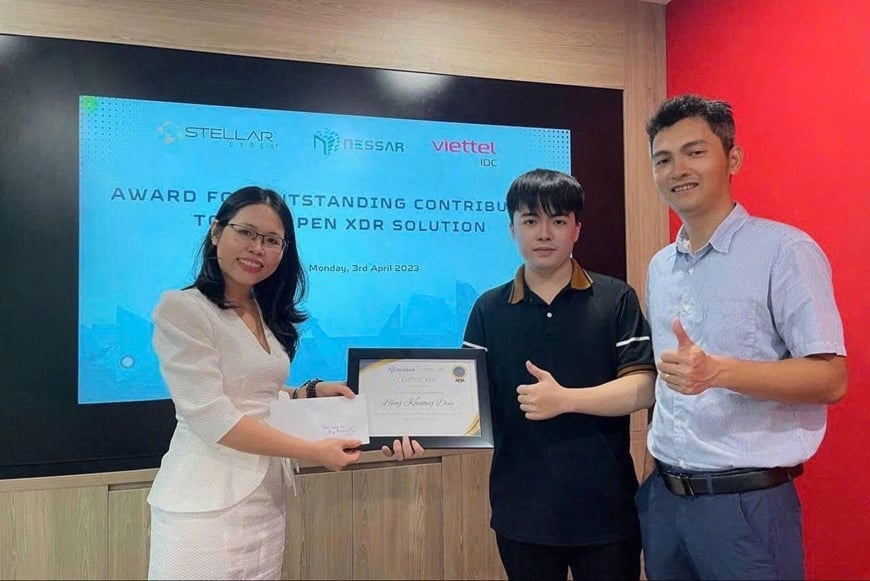































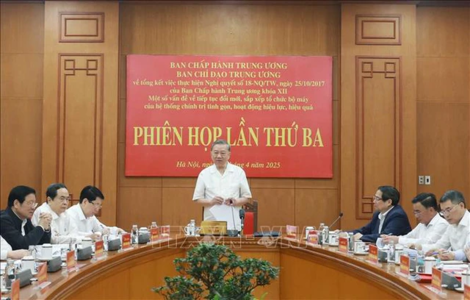










Comment (0)